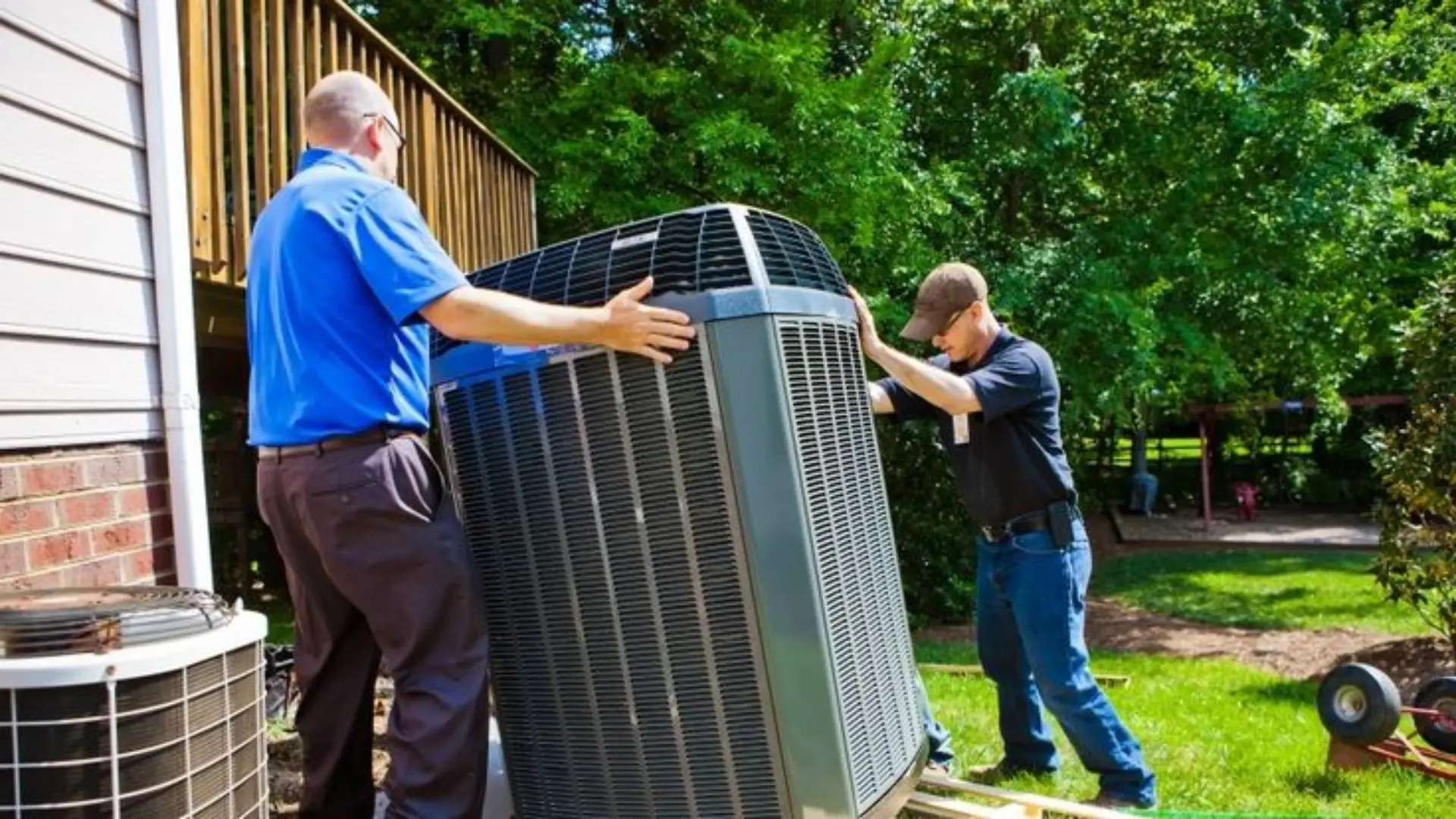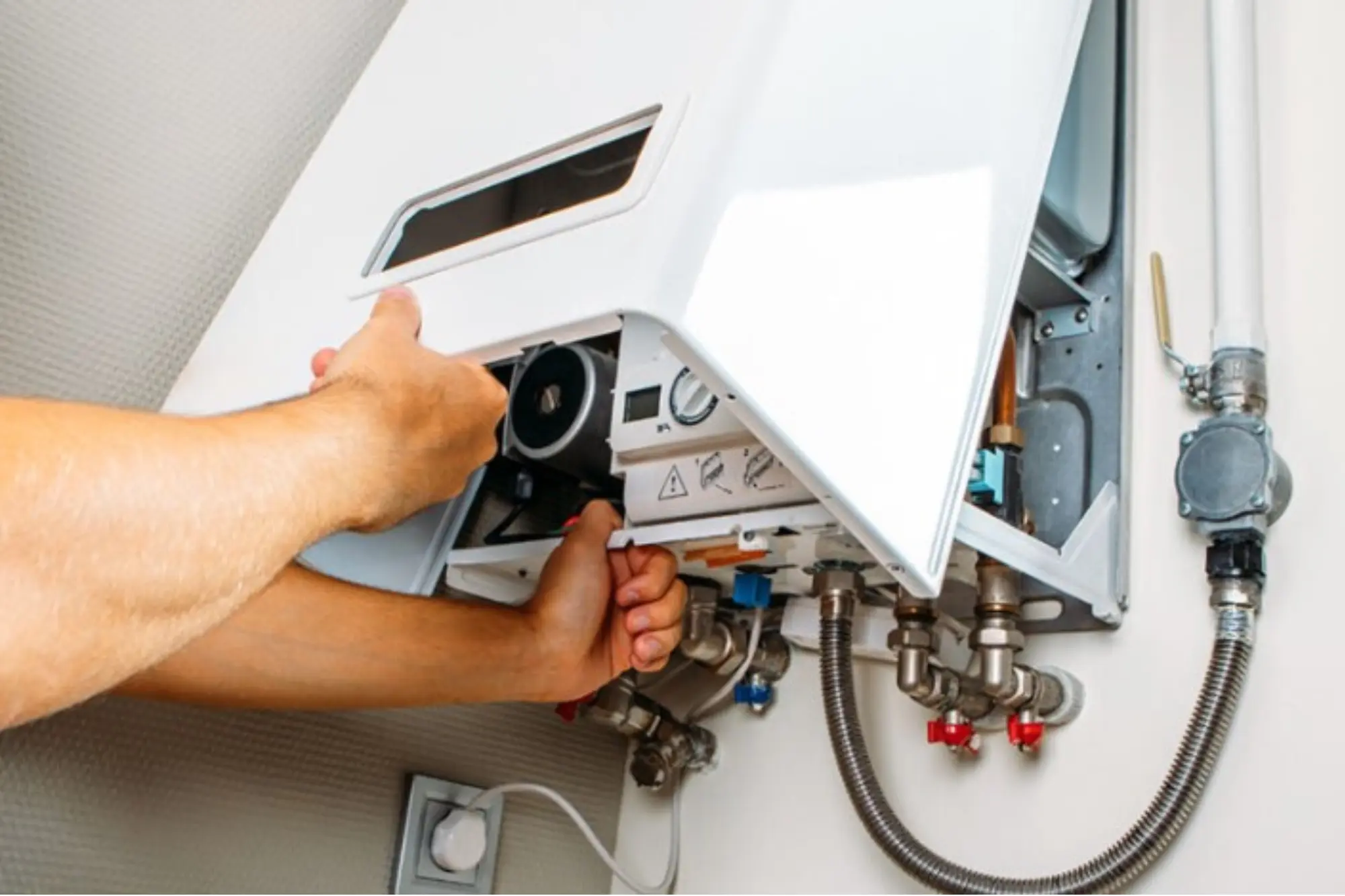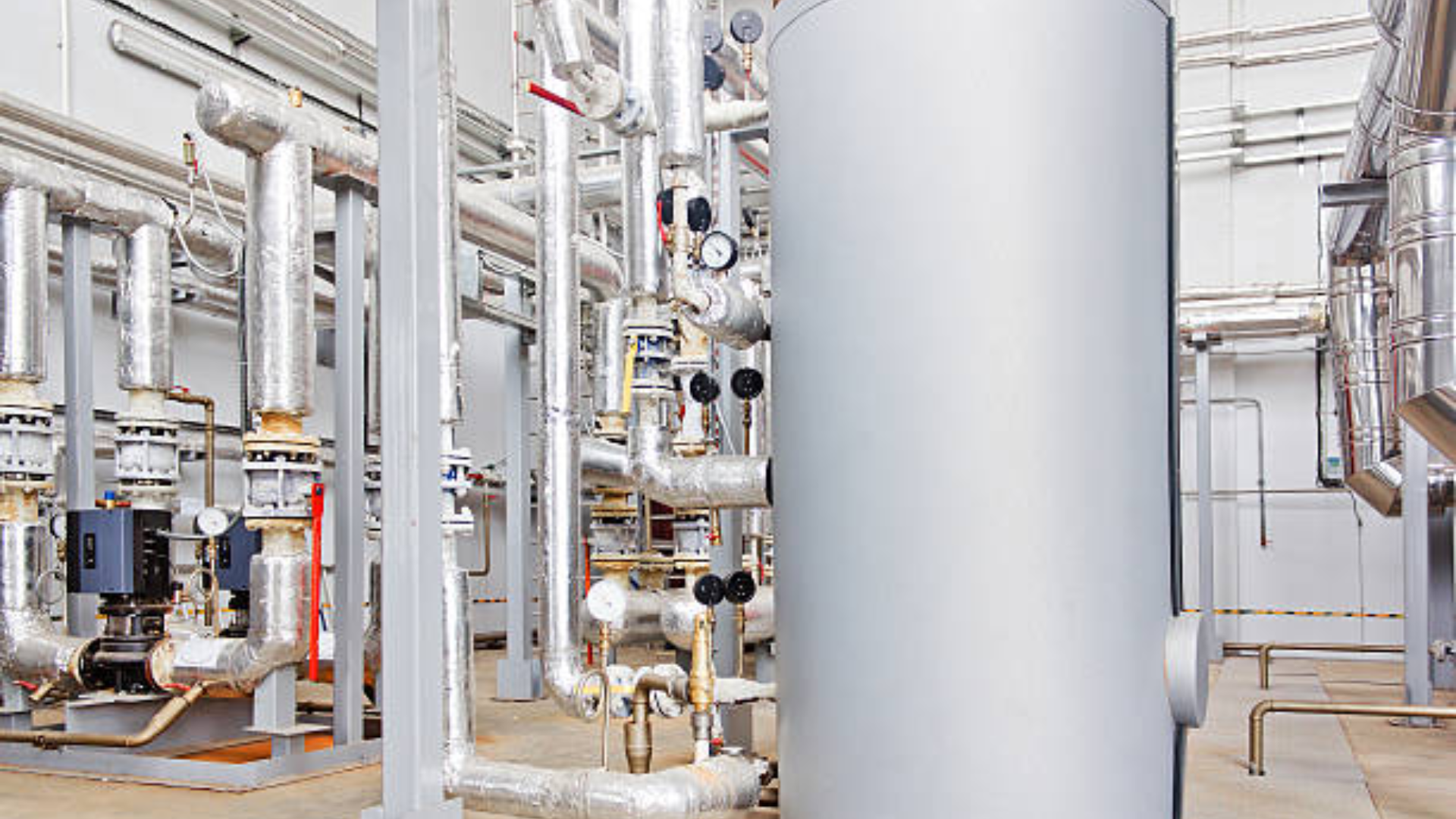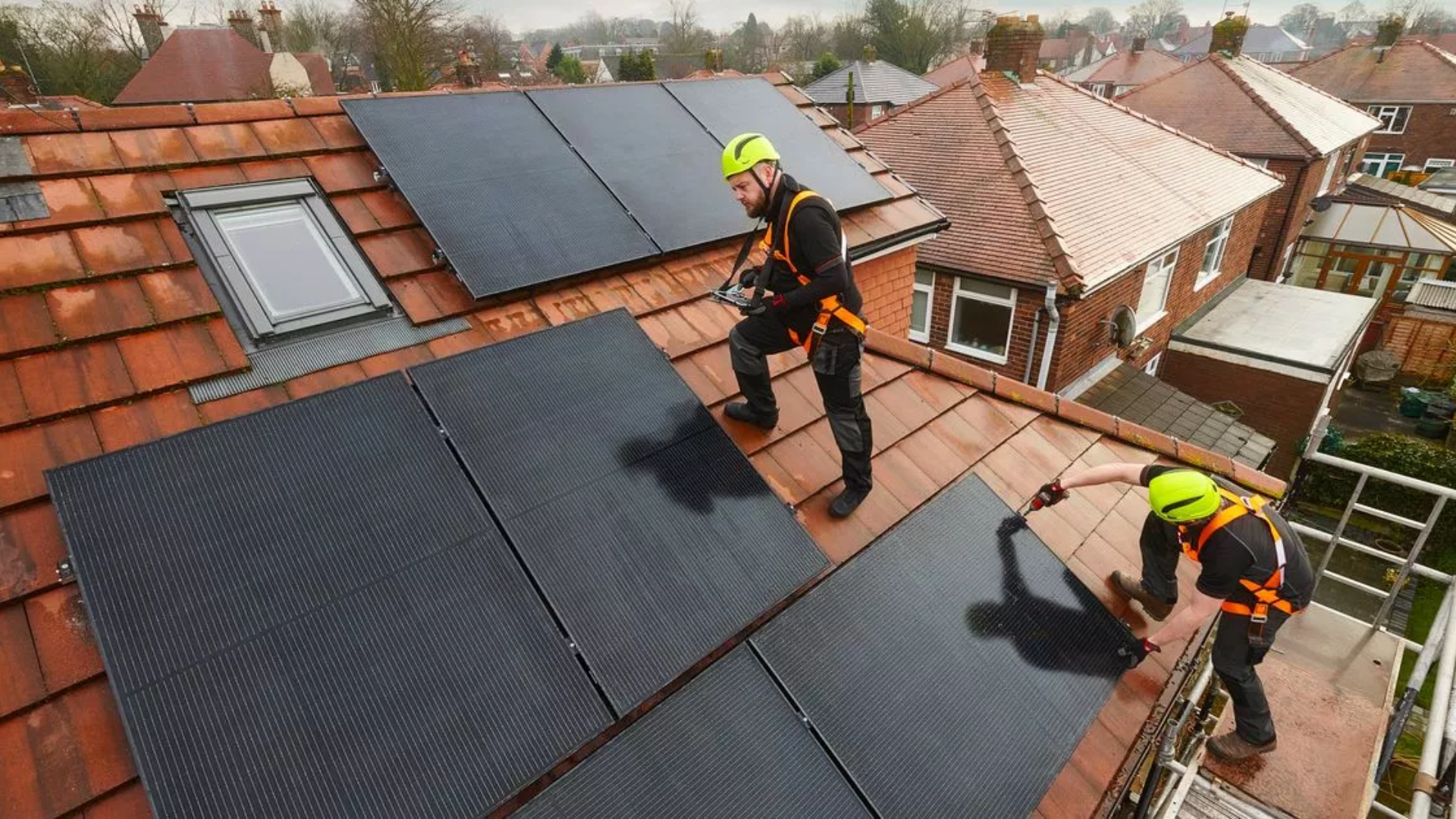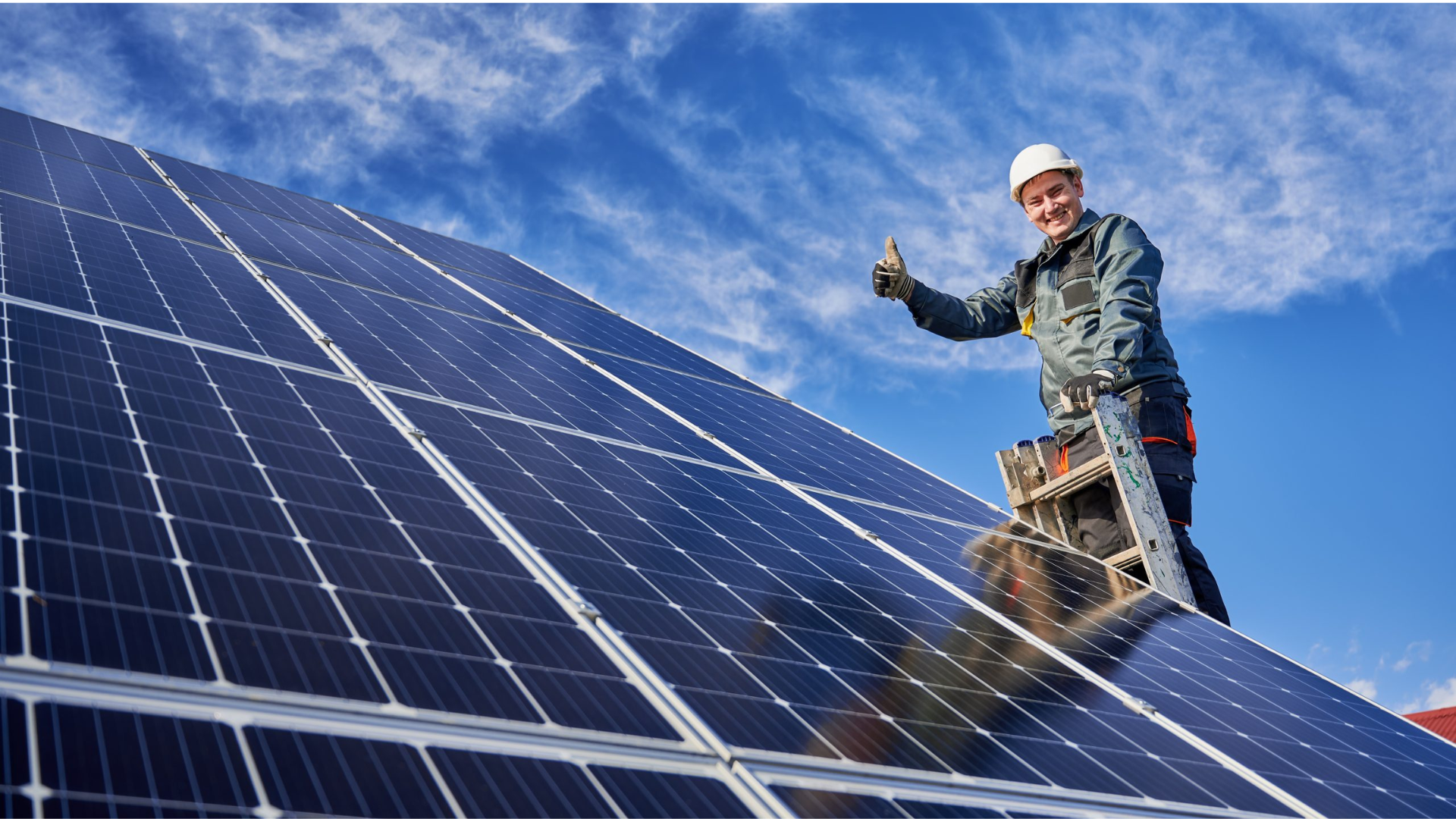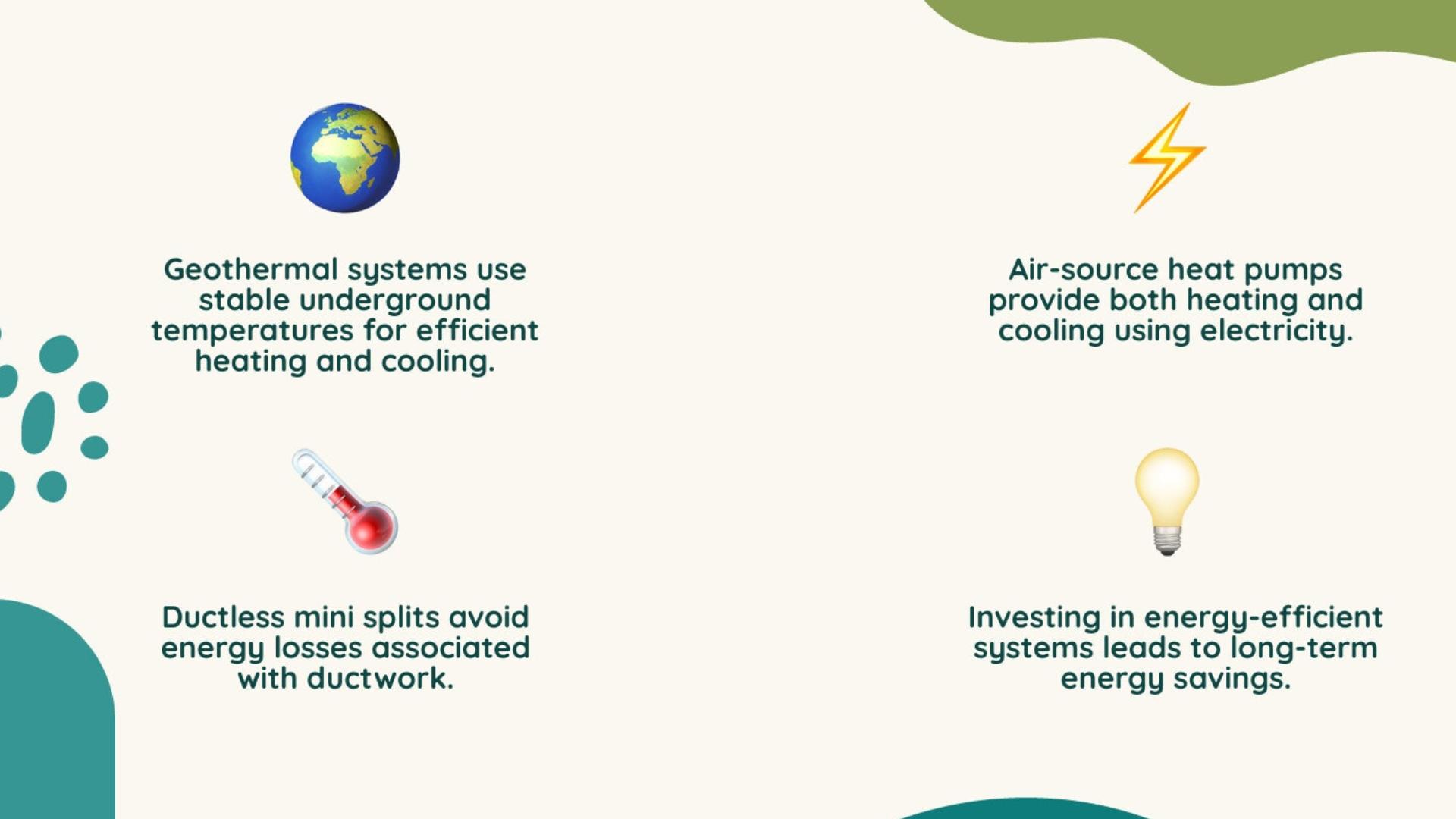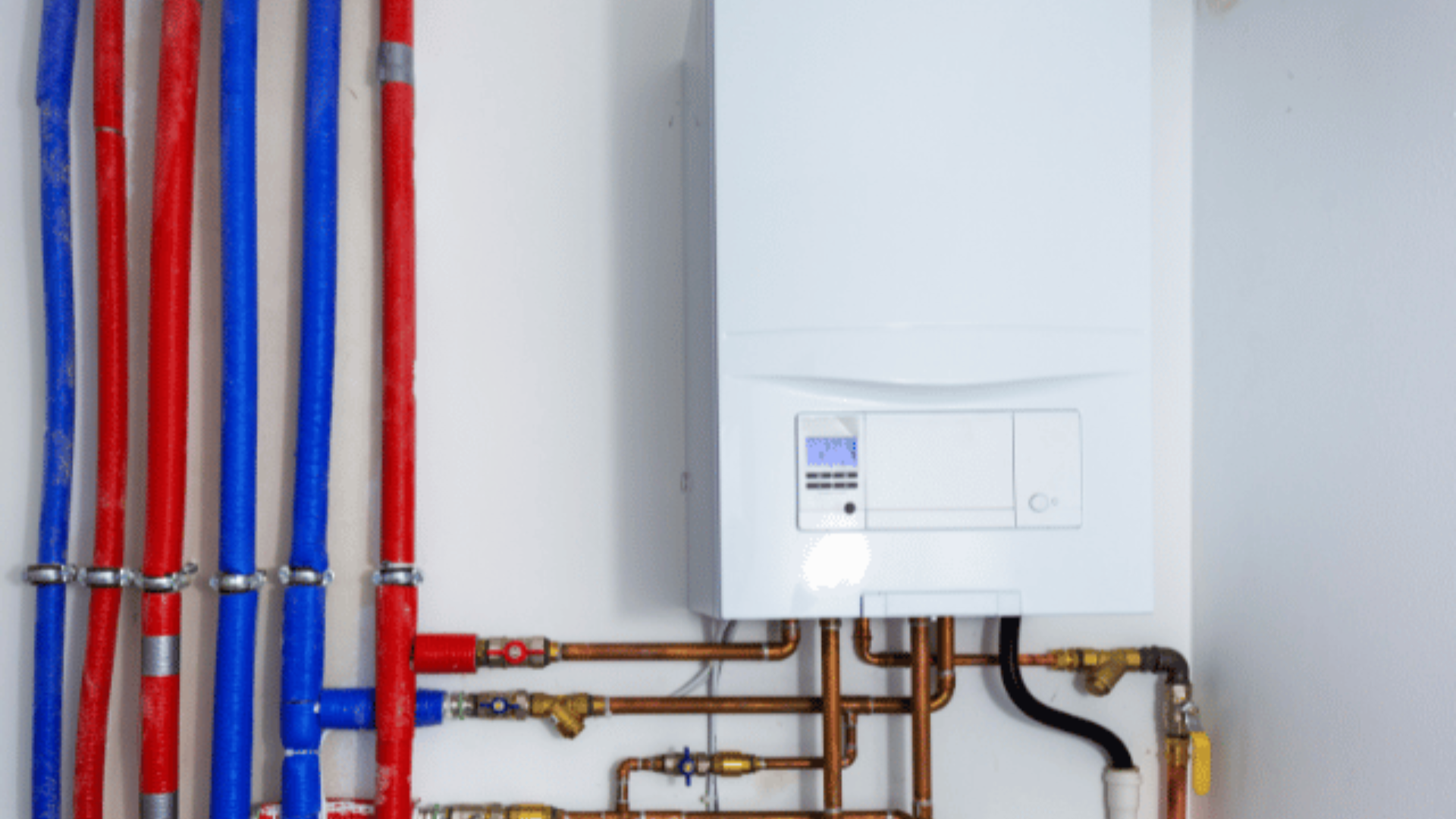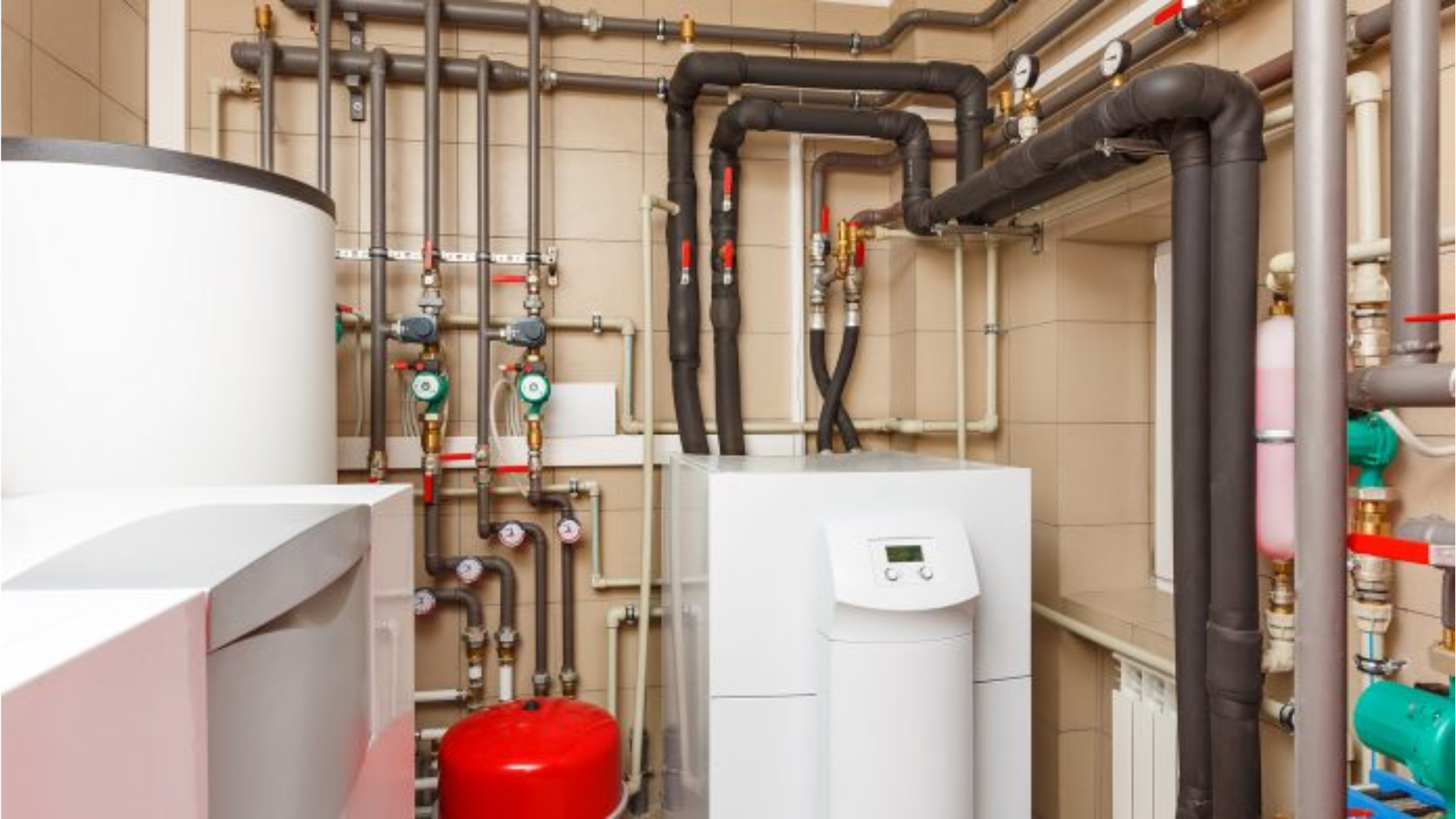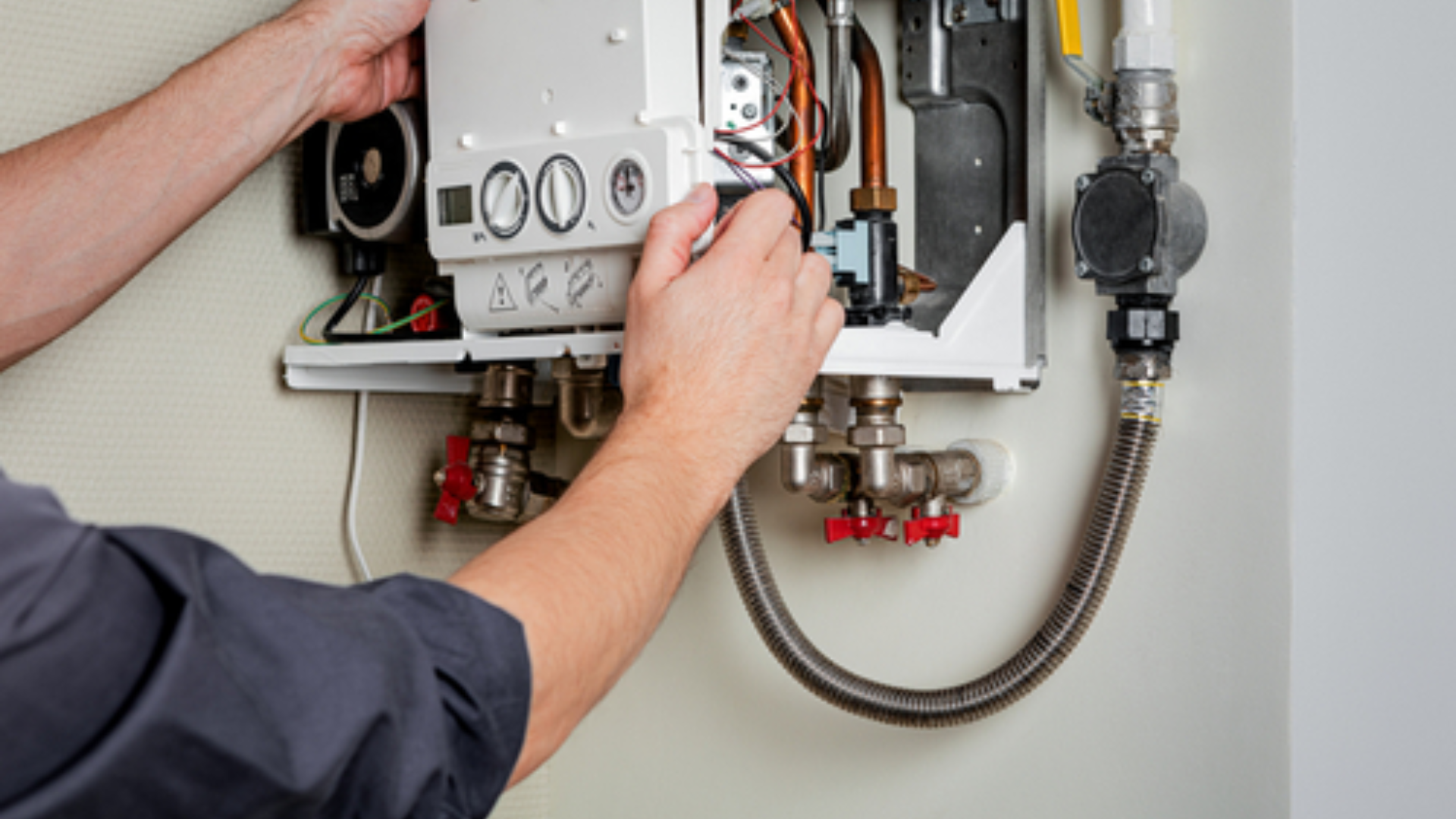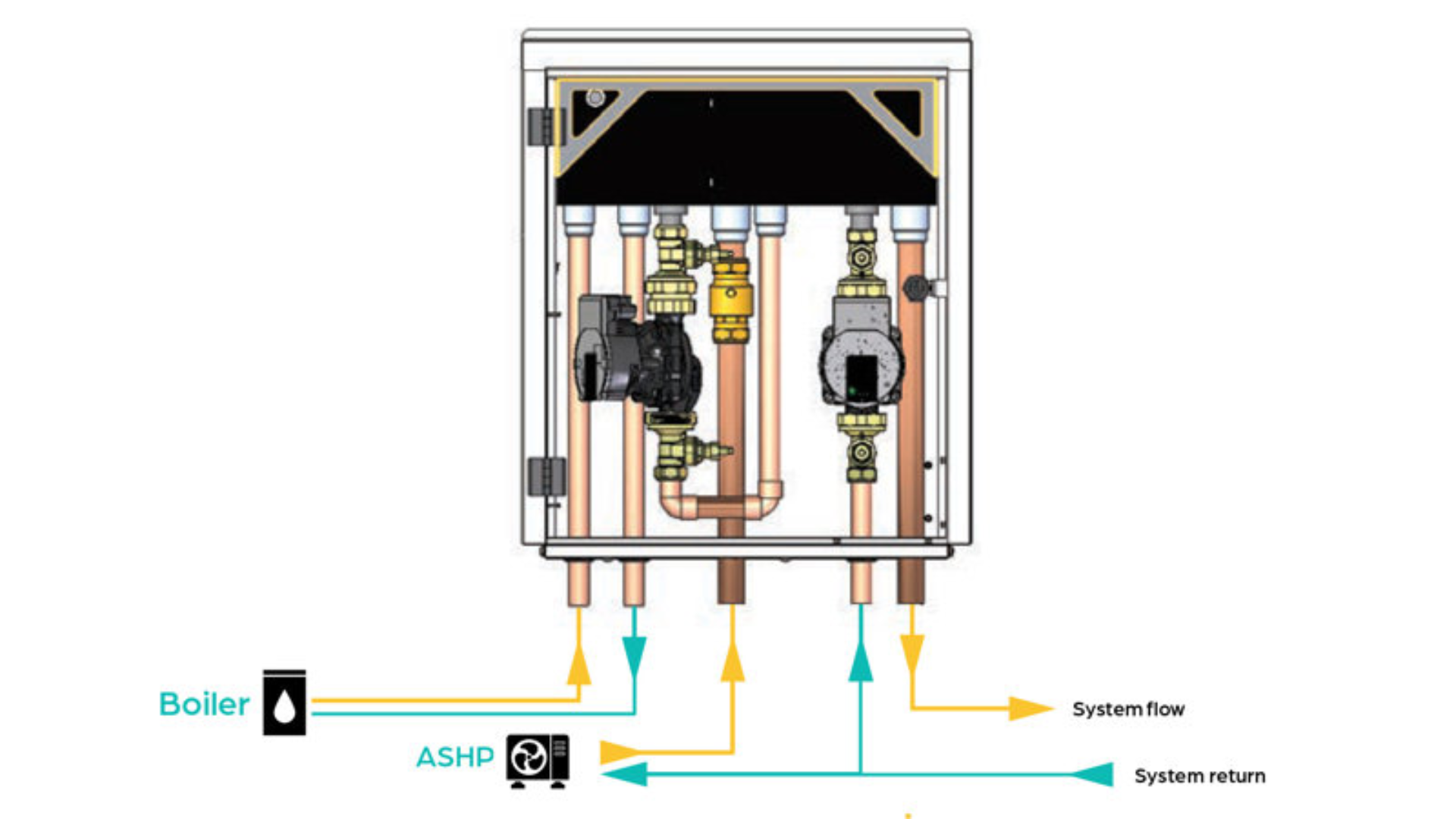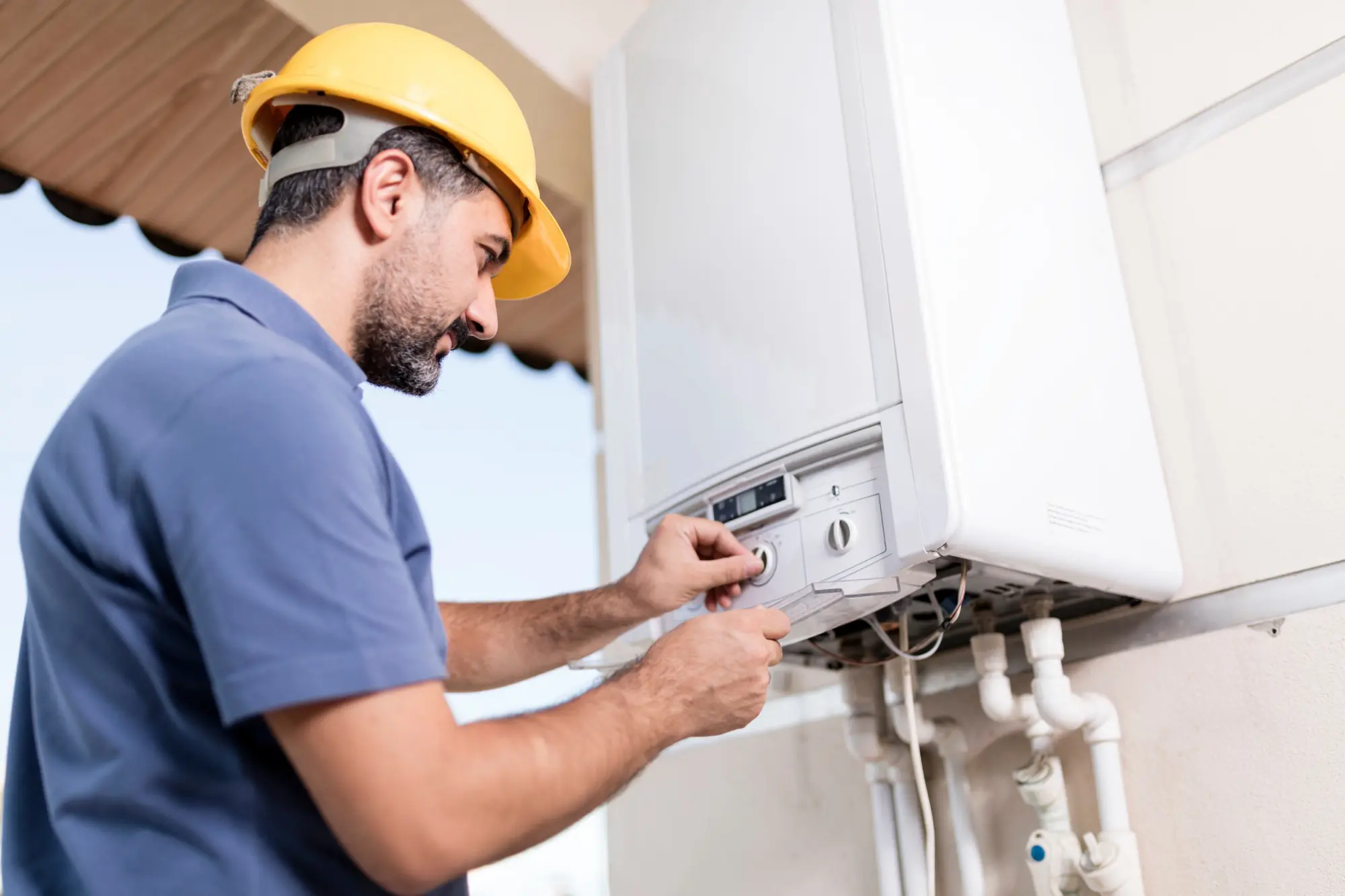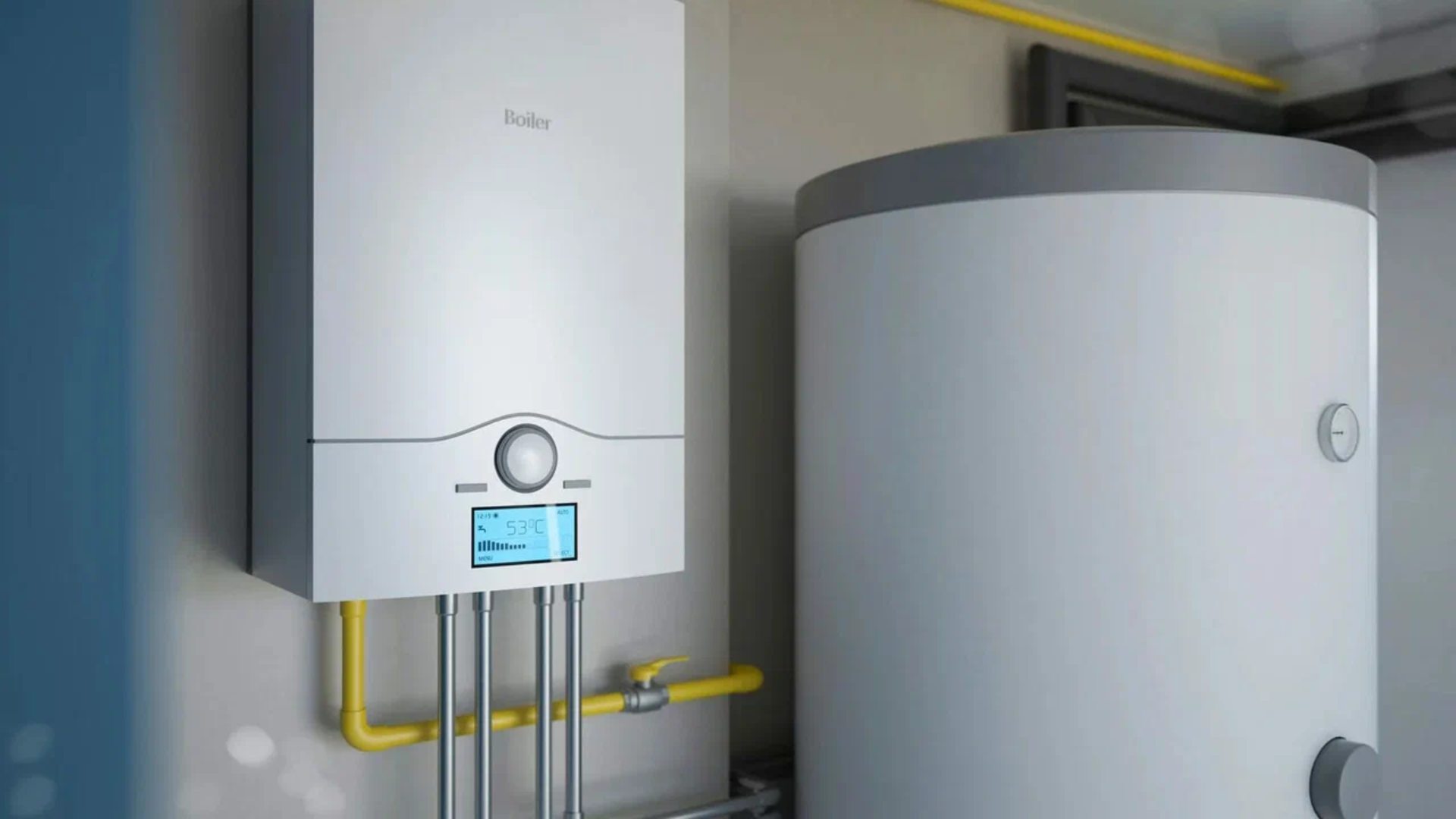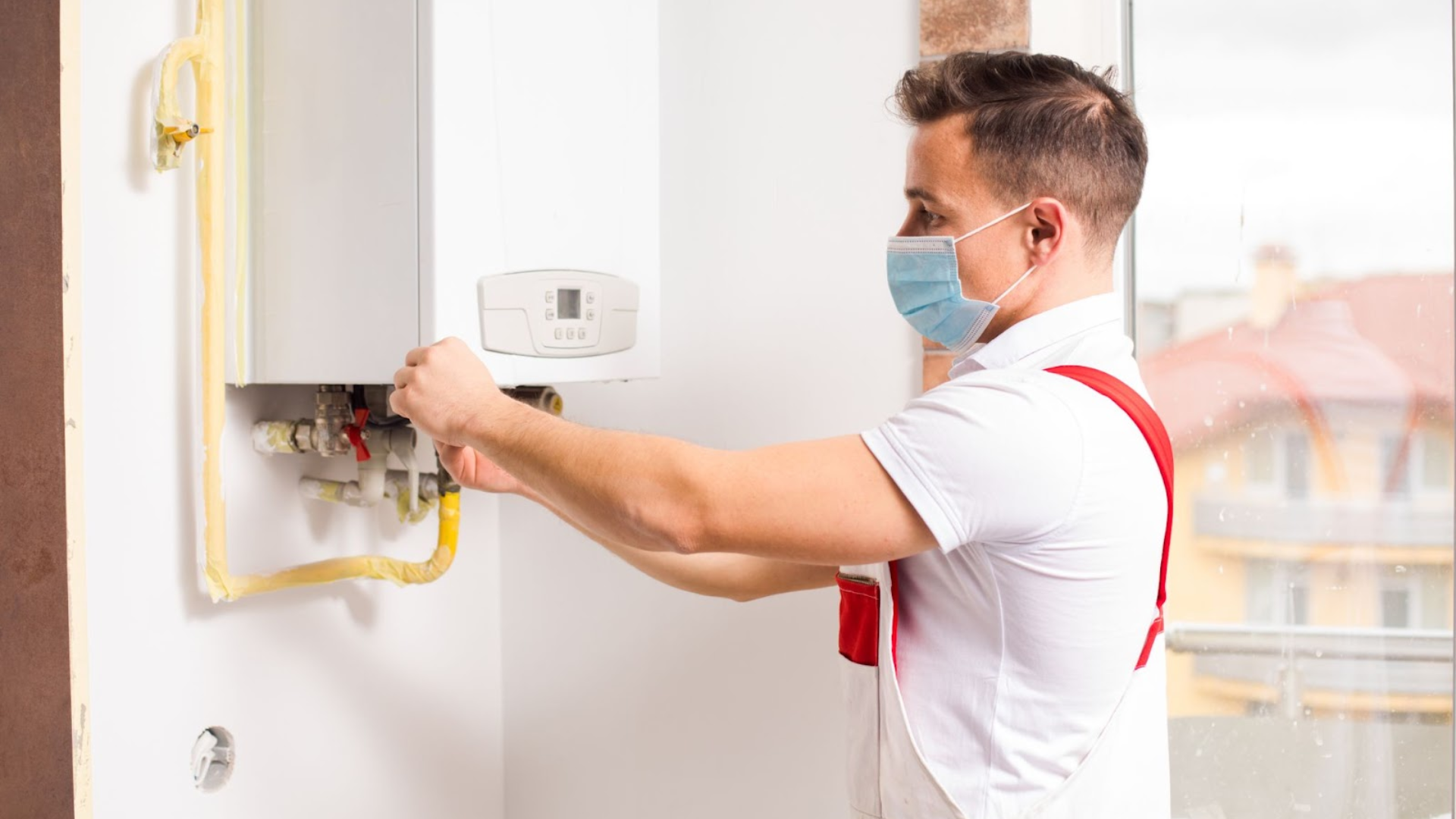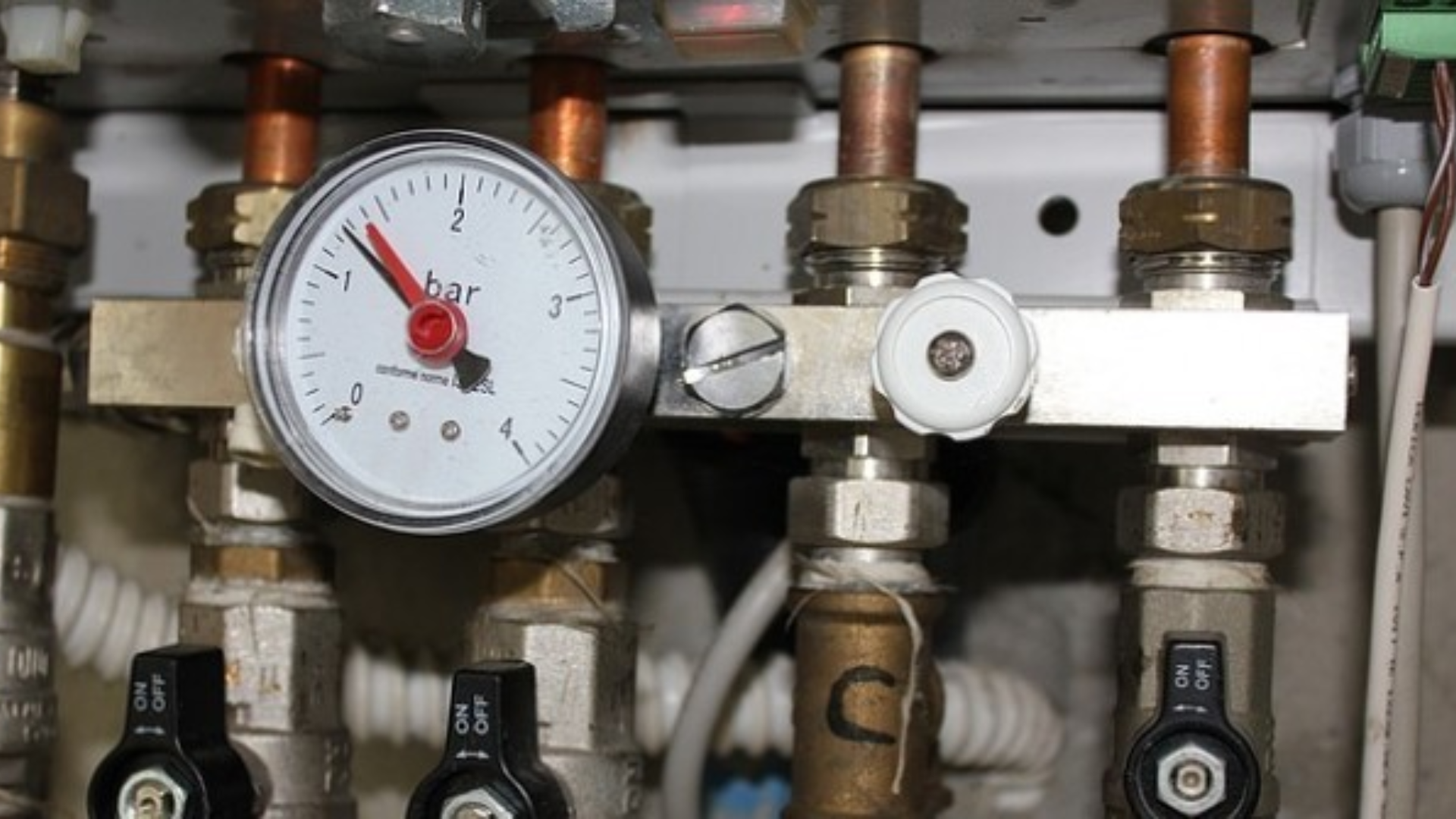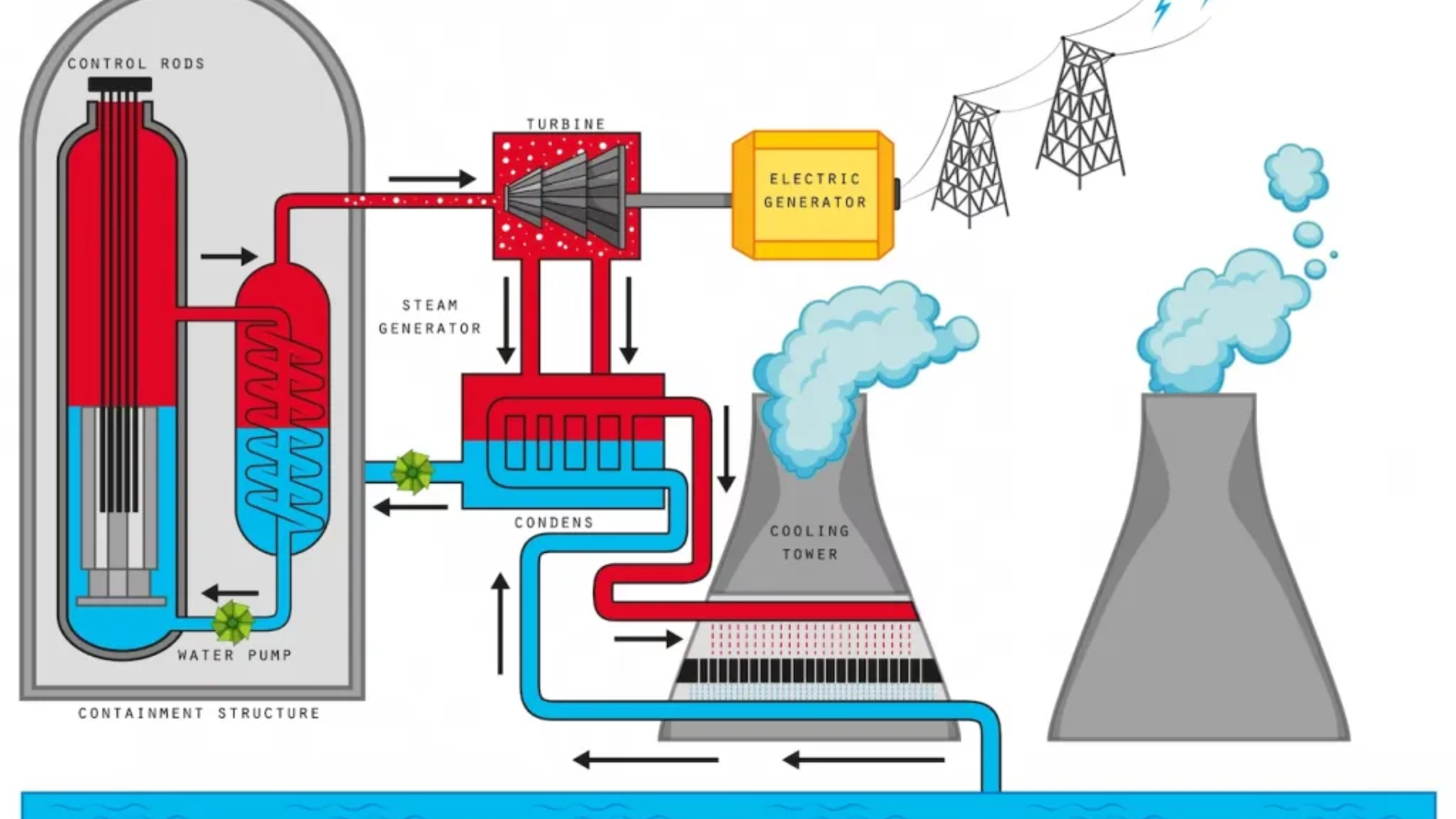If you’re searching for reliable boiler help Nottingham locals can trust, you’re not alone. Homeowners across the area are increasingly turning to professionals for affordable, efficient solutions. Whether it’s emergency fixes or routine checkups, staying on top of your heating system saves money and stress. You’ve likely heard of the Eco Green Grant scheme – it’s making heating support more accessible than ever for Nottingham residents.
Why Boiler Help Nottingham Is Essential for Every Home
Consistent Heating
Boiler Help Nottingham ensures your home stays warm during winter without sudden breakdowns.
Hot Water Reliability
Get uninterrupted hot water supply year-round with expert boiler services in Nottingham.
Lower Energy Bills
Boiler Help Nottingham can increase efficiency, helping you save on heating costs.
Early Fault Detection
Avoid costly emergencies by addressing small boiler issues before they grow.
Qualified Technicians
With Boiler Help Nottingham, you get certified engineers who understand every system type.
Eco-Friendly Efficiency
Boiler Help Nottingham supports greener living through high-efficiency upgrades and clean maintenance.
Keeping your boiler running safely and efficiently is critical for comfort and cost. With Nottingham’s unpredictable weather, heating breakdowns can quickly become emergencies. Investing in the right boiler help Nottingham services prevents bigger, more expensive problems.
Preventing Winter Breakdowns with Routine Checks
Boiler systems tend to work the hardest during the winter, especially in colder Nottingham neighborhoods like Sherwood or Beeston. Scheduling eco boiler scheme ensures your heating performs at peak efficiency when you need it most. A certified technician can detect worn parts, seal issues, or low pressure long before they cause full system failure. This proactive boiler help Nottingham approach gives peace of mind and helps avoid emergency callouts.
Safety Checks That Protect Your Family
Gas leaks and carbon monoxide are hidden dangers many homeowners overlook. When you arrange annual servicing, your engineer will test for leaks, combustion safety, and flue integrity. This kind of boiler help Nottingham isn’t just about comfort – it’s about protecting your family’s health. A simple CO alarm is a great backup, but professional inspection is key to real safety.
Boosting Energy Efficiency and Lowering Bills
With energy prices continuing to rise across the UK, it’s smart to make your heating system work harder for less. Engineers offering boiler help Nottingham can optimize pressure, replace inefficient parts, and even recommend eco-friendly upgrades. Many Nottingham homes could save up to £300 per year with simple boiler adjustments, so it’s worth the check-up.
Common Boiler Issues Nottingham Homes Face
No Hot Water
Boiler Help Nottingham is often called when homes suddenly lose hot water due to pilot light or valve faults.
Leaking Boilers
Leaks from pressure valves or seals are common. With Boiler Help Nottingham, such issues are fixed before causing water damage.
Low Pressure
A drop in boiler pressure leads to poor heating. Boiler Help Nottingham technicians reset and balance your system properly.
Strange Noises
Banging, gurgling, or whistling noises may indicate kettling or trapped air. Let certified Boiler Help Nottingham engineers diagnose it.
Frozen Condensate Pipes
In colder months, condensate pipes freeze and cause shutdowns. A call to Boiler Help Nottingham gets it safely thawed and insulated.
Thermostat Issues
If your boiler isn’t responding, faulty thermostats may be to blame. Boiler Help Nottingham can recalibrate or replace it.
Nottingham’s mix of older terraced homes and newer builds means a wide variety of boiler problems arise. From low pressure to no hot water, residents rely on boiler help Nottingham to solve issues quickly.
Frozen Condensate Pipes in Winter Months
This is one of the most frequent winter issues in Nottingham. Condensate pipes can freeze during harsh weather, cutting off your boiler entirely. The result? No hot water or heating. Local experts offering boiler help Nottingham can insulate your pipes or reroute them to prevent future freezing. If it does freeze, a warm towel or gentle heating system upgrade often solve the issue temporarily.
Noisy Boilers and What They Mean
Hearing strange banging, gurgling, or whistling? That could signal trapped air, limescale buildup, or a faulty pump. In hard water areas like Nottingham, scale is a common issue. Getting boiler help Nottingham from a qualified technician means faster diagnosis and part replacement before the whole unit fails. Never ignore these signs—they usually get worse if left alone.
Boiler Pressure Problems: Too High or Too Low
Boiler pressure should stay within 1.0–2.0 bar. Too low, and you lose heat; too high, and you risk internal damage. Common causes in Nottingham homes include bleeding radiators or a leaking pressure relief valve. Your boiler help Nottingham provider can safely adjust this, check for leaks, and top up your system correctly.
Choosing the Right Boiler Help Nottingham Service Provider
Certified Engineers
Always choose Boiler Help Nottingham providers with Gas Safe registration for legal and safe repairs.
Local Experience
Go with Boiler Help Nottingham services that have years of experience with local heating systems and regulations.
Transparent Pricing
Choose a provider that offers up-front, fixed quotes—no surprises with trusted Boiler Help Nottingham specialists.
Emergency Availability
The best Boiler Help Nottingham companies offer 24/7 support to handle urgent heating breakdowns.
Warranty Coverage
Check if your Boiler Help Nottingham provider offers warranty-backed work on parts and labor.
Customer Reviews
Look for consistent 5-star feedback on Boiler Help Nottingham services to ensure quality and professionalism.
Eco-Friendly Practices
Support Boiler Help Nottingham providers who promote energy efficiency and low-emission systems.
Selecting a qualified professional makes all the difference. With so many companies offering boiler help Nottingham, how do you choose the right one?
Look for Gas Safe Registration Always
Every engineer providing boiler help Nottingham must be on the Gas Safe Register. This certifies they’re trained and legally allowed to work on gas appliances. Ask for their Gas Safe ID before they start the job. Reliable providers like those supported by the Eco Green Grant will happily show credentials upfront.
Read Local Reviews and Testimonials
Nottingham residents often leave feedback on Trustpilot, Google, and Checkatrade. Reading real reviews gives insight into response time, pricing, and friendliness. Look for mentions of emergency boiler replacement , long-term satisfaction, and clean workspaces. High-rated boiler help Nottingham services often go the extra mile for customer care.
Compare Quotes Without Pressure
Don’t settle for the first quote. Reliable providers offer free estimates and explain all costs transparently. Whether it’s a quick fix or full replacement, understanding the breakdown helps you plan ahead. Professionals offering boiler help Nottingham usually provide upfront pricing, clear communication, and flexible scheduling.
Understanding Eco Grants and Free Boiler Help Nottingham
What Are Eco Grants?
Eco grants fund energy-saving home upgrades like free boilers under Boiler Help Nottingham programs.
Am I Eligible?
Nottingham residents may qualify for Boiler Help Nottingham based on income, benefits, or heating inefficiency.
Which Boilers Are Covered?
Most Boiler Help Nottingham grants cover A-rated combi boilers for maximum energy savings.
How to Apply?
Contact your local Boiler Help Nottingham provider or apply online with proof of eligibility.
Extra Benefits
Beyond warmth, Boiler Help Nottingham grants reduce your energy bills and improve EPC ratings.
Who Provides the Service?
Only certified installers approved for Boiler Help Nottingham can carry out the grant-funded work.
Heating your home can be expensive—but it doesn’t always have to be. If you meet the criteria, Eco Green Grant programs may cover the cost of boiler repairs or upgrades.
Who Qualifies for the Eco Green Grant?
Many homeowners in Nottingham qualify without realizing it. The scheme supports low-income households, pensioners, and those receiving government benefits. If your boiler is over 7 years old and inefficient, you might be eligible. Through this program, boiler help Nottingham becomes much more affordable—or even free.
How to Apply for Boiler Support Through Eco Green
Start by filling out a quick online assessment through an approved provider. You’ll need to submit documentation and possibly allow an in-home inspection. Once approved, a certified engineer will schedule the work. Many boiler help Nottingham applicants receive trusted eco installer within a week of approval.
The Long-Term Benefits of Government-Supported Help
Aside from immediate savings, installing a new energy-efficient boiler reduces your carbon footprint. It also futureproofs your heating system against breakdowns. That’s why boiler help Nottingham through grant schemes is one of the smartest upgrades you can make. Plus, newer models offer quieter operation and smart thermostat compatibility.
Emergency Boiler Help in Nottingham: What to Do When It Breaks Down
Stay Calm & Safe
Shut off your boiler and check for gas smells or leaks before calling professionals.
Check the Power Supply
Sometimes boiler failure is due to tripped fuses or power outages—inspect carefully first.
Look for Error Codes
Modern boilers show error codes that help identify the problem—note them before calling Boiler Help in Nottingham.
Don’t Attempt DIY Fixes
Avoid risking further damage—let Boiler Help in Nottingham technicians handle the issue safely.
Call a 24/7 Service
Contact an emergency provider like Boiler Help in Nottingham for fast and certified repairs.
Have Info Ready
Provide your boiler model, warranty, and problem details to speed up service response.
Prevent Future Breakdowns
Schedule routine inspections and servicing with Boiler Help in Nottingham to avoid future emergencies.
When your boiler fails unexpectedly, you need quick solutions. Local boiler help Nottingham services are often available 24/7 to help you get heat and hot water back without delay.
Steps to Take Before Calling the Experts
If your boiler suddenly stops working, check the basics first. Look at the pressure gauge, reset the boiler if it’s safe, and inspect your thermostat settings. Sometimes it’s a simple issue like a tripped fuse or low pressure. But don’t guess—if there’s a leak or burning smell, shut it down and call for boiler help Nottingham right away. Quick action can prevent major damage or danger.
What to Expect from 24/7 Emergency Services
Emergency services in Nottingham usually respond within 1–2 hours. A certified engineer will arrive with diagnostic tools and commonly replaced parts to get your system running. The best boiler help Nottingham teams prioritize safety, inspect thoroughly, offer honest advice and benefits of boiler installation. If parts aren’t available immediately, temporary fixes can keep you comfortable until full repairs are completed.
Common Emergency Boiler Repairs in Nottingham Homes
In older homes around Hyson Green or Mapperley, common emergency repairs include broken thermostats, ignition failures, and leaking valves. Nottingham’s cold climate can push older systems to the edge, especially during freezing snaps. Engineers offering boiler help Nottingham are familiar with these scenarios and carry the tools needed to handle them promptly.
Signs You Need Professional Boiler Help in Nottingham Now
No Hot Water
A cold tap is a clear signal it’s time to contact Boiler Help Nottingham professionals.
Leaking Boiler
Water around your boiler is a danger sign—Boiler Help in Nottingham can address it fast.
Unusual Noises
Banging or whistling from your system? You may urgently need Boiler Help in Nottingham.
Low Pressure
Inconsistent heating often points to a system issue best solved by professionals.
Frequent Resets
If you’re constantly resetting your boiler, it’s time to get expert help fast.
Rising Energy Bills
An inefficient boiler will spike your energy use—get Boiler Help Nottingham to inspect it.
Yellow Pilot Light
A yellow or flickering flame can signal carbon monoxide risks. Call Boiler Help in Nottingham now.
Recognizing early warning signs can save you hundreds of pounds in repair costs. Many people ignore small boiler issues—until they become big ones.
Unusual Noises or Smells Coming from the Boiler
If you hear kettling (a loud boiling noise), knocking, or notice a burning smell, act immediately. These symptoms can indicate overheating, scale buildup, or gas-related problems. It’s time to call in boiler help Nottingham. Engineers will flush your system, check your flue, and ensure there’s no internal damage or safety hazard.
Radiators Staying Cold or Uneven Heating
When radiators don’t heat evenly or stay cold even when the boiler runs, it could be trapped air or sludge buildup. This means your system isn’t circulating water properly. Local boiler help Nottingham technicians will bleed the radiators, balance your system, and possibly power flush the pipes for improved flow and heating performance.
Pilot Light Keeps Going Out
If your boiler’s pilot light won’t stay lit, there could be a problem with the thermocouple or gas valve. It might also be a ventilation issue. Don’t attempt to fix this yourself—it’s a job for certified pros. Skilled boiler help Nottingham engineers know how to handle these issues safely and can restore reliable operation in no time.
Upgrade Options Available Through Boiler Help Nottingham Services
What Our Customers Say
“I can’t thank the team at Boiler Help Nottingham enough! Our heating broke down on the coldest night of the year, and they arrived within an hour. The technician was friendly, professional, and got our boiler running again in no time. Boiler Help Nottingham is reliable, affordable, and truly a lifesaver. I’ll be using Boiler Help Nottingham for all future maintenance!”
– Sarah P., Nottingham
Sometimes, a repair isn’t enough. If your system is over 10 years old or frequently failing, upgrading might be the smarter choice.
Should You Repair or Replace Your Boiler?
This depends on cost, efficiency, and safety. A single expensive repair might be better spent on a new, energy-efficient model. Nottingham homes with outdated combi boilers often save more in the long run by upgrading. Providers offering boiler help Nottingham will assess your current system and guide you through the pros and cons of each option.
Benefits of Upgrading to a New Energy-Efficient Boiler
Modern boilers come with smart thermostats, eco-modes, and better heat output. Upgrading your boiler can reduce heating bills by 20–30% annually. Plus, it adds value to your home. With new regulations pushing for greener heating, investing in an A-rated system with the help of a boiler help Nottingham provider future-proofs your setup for years to come.
Types of Boilers Available in Nottingham
There are three main types: combi boilers (compact and efficient), system boilers (good for multiple bathrooms), and regular boilers (ideal for older heating systems). Your boiler help Nottingham engineer can help determine the best fit for your home’s size, insulation, and water usage needs.
Maintaining Long-Term Boiler Health in Nottingham
Customer Review
“After weeks of high energy bills and cold showers, I reached out to Boiler Help Nottingham. They quickly identified the issue and installed a new, efficient system the next day. Boiler Help Nottingham made the entire process stress-free and even helped me apply for an eco grant. I highly recommend Boiler Help Nottingham for anyone in need of fast, expert service!”
– James W., Nottinghamshire
Preventative maintenance is the key to avoiding costly repairs and improving boiler lifespan. Nottingham’s variable climate makes this especially important.
Creating a Yearly Maintenance Schedule
It’s smart to schedule annual checkups, ideally before winter. Local boiler help Nottingham services offer low-cost maintenance packages that include safety checks, part inspection, and pressure regulation. A consistent routine keeps your system running smoothly, avoids emergency callouts, and extends its life.
Tips for Homeowners Between Service Visits
Bleed radiators regularly, monitor boiler pressure, and listen for unusual noises. Keep the area around your boiler free of clutter and ensure proper ventilation. Small daily habits like these help you spot issues early. Ask your boiler help Nottingham provider for a simple homeowner checklist during your next visit.
Why Regular Servicing Pays Off in the Long Run
A well-maintained boiler runs more efficiently, uses less energy, and is far less likely to break down in the middle of winter. Plus, some warranties require annual service to stay valid. Local boiler help Nottingham experts often remind customers how these routine visits end up saving more than they cost.
FAQs
What should I do if my boiler stops working suddenly?
First, check the thermostat, reset the boiler, and inspect the pressure gauge. If the issue persists, it’s best to contact boiler help Nottingham. Emergency services are available to diagnose and repair most issues quickly.
How often should I service my boiler in Nottingham?
It’s recommended to service your boiler once a year. Annual maintenance ensures safe and efficient performance. Local boiler help Nottingham engineers offer affordable service packages.
Can I get same-day boiler repairs in Nottingham?
Yes, many providers offer same-day or even 24/7 emergency services. Fast response helps restore heat and hot water quickly. Contact boiler help Nottingham for urgent assistance.
Why is my boiler making loud banging noises?
Noises like banging or kettling often indicate trapped air or limescale buildup. These issues reduce efficiency and can damage components. Get it checked by a boiler help Nottingham expert.
Is it better to repair or replace an old boiler?
If your boiler is over 10 years old and needs frequent repairs, replacement is often smarter. New models are more efficient and reliable. Your boiler help Nottingham provider can advise based on your budget and needs.
Do I need a gas-safe engineer for boiler repairs?
Yes, only Gas Safe registered engineers should work on boilers. This ensures safety and compliance with regulations. Always verify credentials when booking boiler help Nottingham services.
What types of boilers are common in Nottingham homes?
Most homes use combi, system, or regular boilers. The best type depends on your water usage and property size. A boiler help Nottingham technician can assess your home and recommend the right option.
Why is my radiator cold even though the boiler is on?
Cold radiators could be due to trapped air or sludge in the system. Bleeding them or a power flush might help. Contact boiler help Nottingham to diagnose and fix the issue.
Can I get boiler grants or discounts in Nottingham?
Yes, programs like the Eco Green Grant may cover upgrades or replacements. Many boiler help Nottingham providers can guide you through eligibility and applications. Ask during your consultation.
How do I prevent boiler breakdowns in winter?
Schedule annual servicing, bleed radiators, and monitor pressure. Insulate pipes to prevent freezing. Regular care from a boiler help Nottingham service keeps your system winter-ready.



